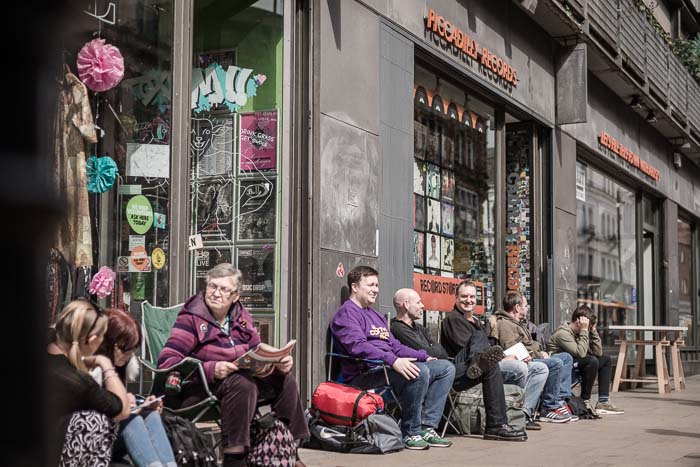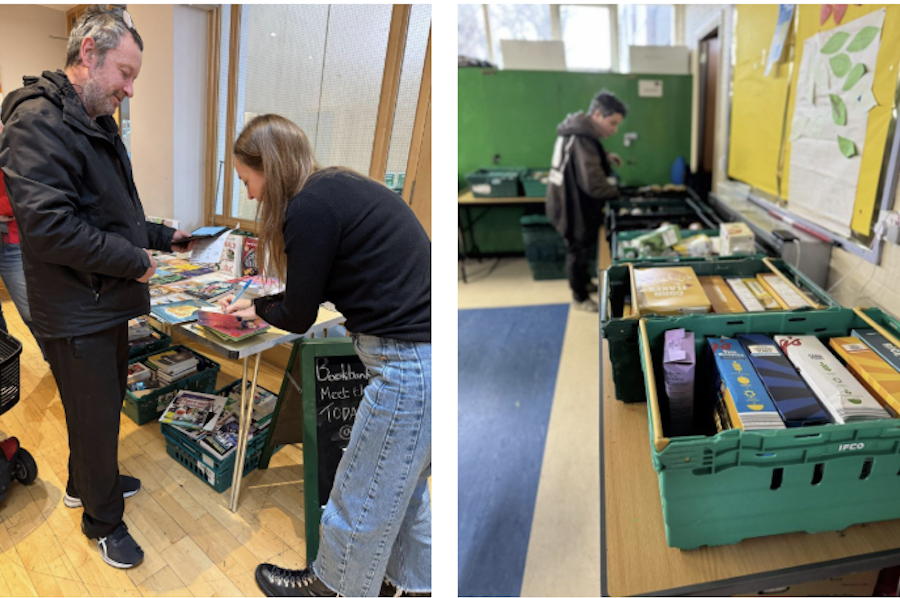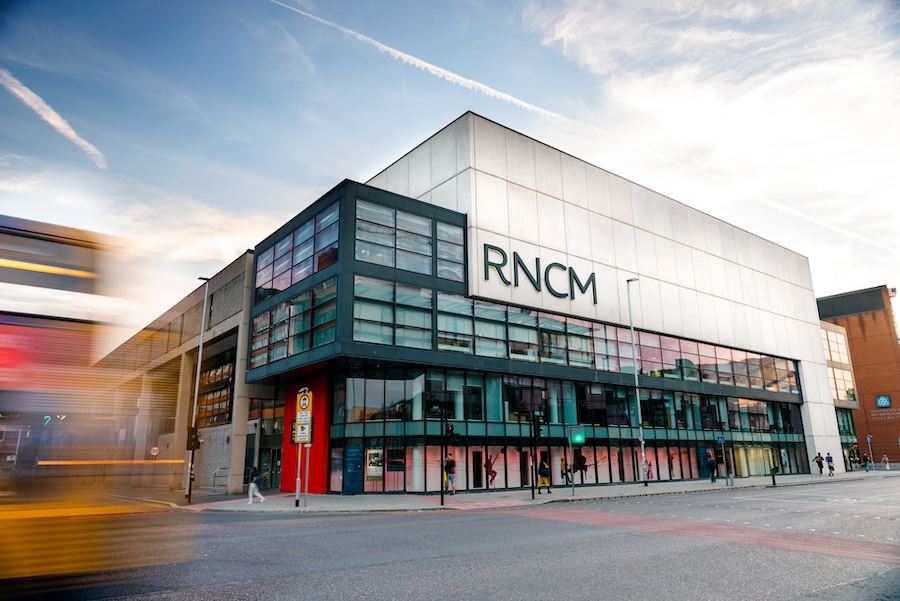“Next year will be one of real change for Manchester” Andy Burnham eyes rail revolution after success of Bee Network buses
- Written by Thom Bamford
- Last updated 4 months ago
- City of Manchester, Public Transport

Mayor Andy Burnham is urging the Transport Secretary, Heidi Alexander, to back the next phase of Greater Manchester’s Bee Network.
His goal? To integrate eight commuter rail lines into the Bee Network by 2028, creating the first fully-integrated transport system outside London.
A Letter to Push for Change
In his letter to the Transport Secretary, Mayor Burnham is making the case for Greater Manchester to oversee these rail lines. He believes this will improve services and drive economic growth.
He stated: “We’ve shown we can deliver – now we’re ready to apply the same focus, momentum, and pace to rail reform as we have with buses. Our unreliable rail services are a brake on growth, and we deserve better.
“By bringing them into the Bee Network, we can deliver real change for our residents, increasing reliability and ultimately getting more people out of their cars onto public transport.”
Andy Burnham is asking for a clear timeline to be agreed upon and published in January.
Buses: A Major Milestone
As of January 5th, over 250 bus routes in Stockport, Tameside, Trafford, and parts of Manchester and Salford will become part of the Bee Network.
This marks the completion of bus franchising, bringing all local buses under public control—on time and on budget. To celebrate, the Mayor visited Wythenshawe’s Metroline depot earlier this week, where new bus drivers are being trained.
Burnham described the milestone as transformative: “We’re just one month away from bringing all buses under local control, delivering a major part of our London-style public transport system on time and on budget by 5th January. It will be a worthy addition to Greater Manchester’s long track record of firsts.”
Making Travel Cheaper, Cleaner, and Greener
The Mayor also announced several improvements for public transport, including:
- Earlier, later, and more frequent buses on key routes starting January 5.
- New vehicles: 331 new yellow buses will roll out in the south of Greater Manchester, meeting eco-friendly Bee Network standards. By April, this number will grow to 405, making up 66% of the fleet.
- Affordable fares: A new annual Bee Network ticket costs just £2.20 a day, saving passengers up to £240 a year. Flexible payment options are available via local credit unions.
- Electrification: By April 2025, 25% of Bee Network buses will be electric, compared to less than 1% before franchising.
- Clean energy: Plans are underway to power the entire network with renewable energy.
Andy Burnham highlighted the broader vision for public transport: “We’ve today revealed some of the immediate changes we’re making in January, with buses running earlier, later, and more frequently to better connect with trams and trains.
“We’re also planning to buy 100% renewable energy to power our trams, electrify our buses, and bring in a simpler fare structure for passengers.”
What’s Next for Rail?
The next step is integrating rail into the Bee Network. By 2028, eight rail lines will be brought under local control.
This will include:
- Integrated ticketing across buses, trams, and trains.
- Step-free stations: Accessibility upgrades at 13 stations by 2028.
- New stations: Golborne station is set to open by the end of 2027.
Burnham emphasised the importance of rail reform: “I’m this week writing to the transport secretary to set out how we plan to approach bringing rail into the Bee Network to create a true London-style public transport system.”
The Bee Network isn’t just about buses and rail. Starting in March 2025, passengers will enjoy contactless “tap-in, tap-out” payments for trams and buses. This will guarantee the best daily or weekly fares for any journey.
Greater Manchester’s Transport Commissioner, Vernon Everitt, acknowledged the challenges but remained optimistic: “This is only the first chapter of the Bee Network story.
“We’ll be applying the same rigour and ambition we’ve shown with buses to bring rail into the Bee Network and will be setting out a roadmap for this ambitious programme of work in the New Year.”
The Bee Network is already driving change. Metrolink has seen record passenger numbers, while bus use has risen by 5% under local control.
As Andy Burnham concluded: “Next year will be one of real change for Greater Manchester, as we encourage even more people onto public transport to build a low-cost, high patronage network.”
- This article was last updated 4 months ago.
- It was first published on 10 December 2024 and is subject to be updated from time to time. Please refresh or return to see the latest version.
Did we miss something? Let us know: press@ilovemanchester.com
Want to be the first to receive all the latest news stories, what’s on and events from the heart of Manchester? Sign up here.
Manchester is a successful city, but many people suffer. I Love Manchester helps raise awareness and funds to help improve the lives and prospects of people across Greater Manchester – and we can’t do it without your help. So please support us with what you can so we can continue to spread the love. Thank you in advance!
An email you’ll love. Subscribe to our newsletter to get the latest news stories delivered direct to your inbox.
Got a story worth sharing?
What’s the story? We are all ears when it comes to positive news and inspiring stories. You can send story ideas to press@ilovemanchester.com
While we can’t guarantee to publish everything, we will always consider any enquiry or idea that promotes:
- Independent new openings
- Human interest
- Not-for-profit organisations
- Community Interest Companies (CiCs) and projects
- Charities and charitable initiatives
- Affordability and offers saving people over 20%
For anything else, don’t hesitate to get in touch with us about advertorials (from £350+VAT) and advertising opportunities: advertise@ilovemanchester.com


Review: The Koala Who Could at LOWRY is ‘an uplifting journey of courage and change’



















